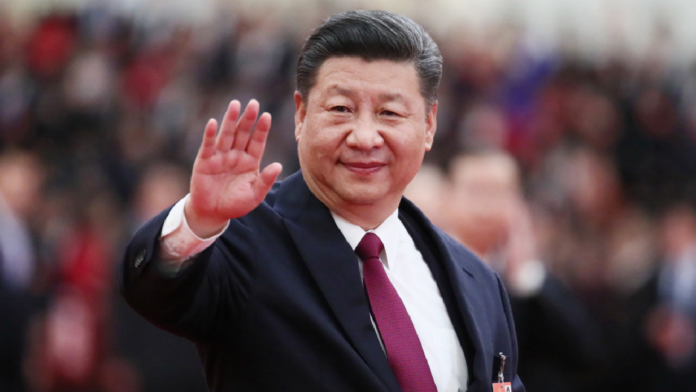China recorded 14.64 million inbound trips by foreigners in the first half of this year, marking a 152.7 per cent increase year-on-year, attributed to favorable measures introduced since January.
The country’s immigration authority announced on Friday that the measures aimed to facilitate the entry of foreign nationals for business, education, and tourism. These included expanded visa-free policies, relaxed visa application requirements, simplified procedures, border check exemptions for certain transit passengers, and more convenient mobile payment options for foreigners in China.
At a news conference, the National Immigration Administration (NIA) reported that over 8.54 million visa-free entries were made by foreigners from January to June, accounting for 52 per cent of inbound trips and representing a 190.1 per cent year-on-year increase.
The NIA predicted that the number of foreigners visiting China would continue to rise in the second half of this year. According to a report by the China Tourism Academy (CTA), the inbound tourism market for foreigners is expected to recover to around 80 per cent of 2019 levels. Trips by travelers from Hong Kong, Macao, and Taiwan have returned to pre-COVID levels.
In the first six months of the year, Chinese immigration authorities processed 287 million inbound and outbound trips, marking a 70.9 per cent year-on-year increase. This included around 137 million trips by mainland residents, 121 million by residents from Hong Kong, Macao, and Taiwan, and 29.22 million by foreigners.
NIA figures showed that around 12.34 million ordinary passports were issued in the first half of 2024, a 23.2 per cent increase from the same period last year. The number of travel documents issued for trips between the mainland and Hong Kong, Macao, and Taiwan grew by 7.8 per cent to over 46.15 million. The number of port visas jumped by 267.9 per cent to 686,000, and 388,000 stay permits and residence permits were issued to foreigners on the mainland.
Liang Xuecheng, a professor at the School of Economics and Management at Northwest University in Xi’an, noted the increasing demand for inbound trips to China. He said Chinese travelers’ desire for outbound trips is still being unleashed, with facilitating policies expected to further stimulate tourism recovery.
A CTA survey found that over 60 per cent of inbound travelers interviewed came to China primarily to experience its culture. Food and shopping were also significant attractions.
Tania Medina, a 25-year-old Spanish national, recently concluded her maiden visa-free trip to China. “China is safer than I thought. People are very nice when you try to speak Chinese,” said Medina, who attends a Chinese-language school in Spain. She noted that the subway in Beijing was cheaper than in Spain and had better air conditioning. “My Spanish bank card worked fine here, and I also used Chinese payment tools WeChat and Alipay,” she added.



